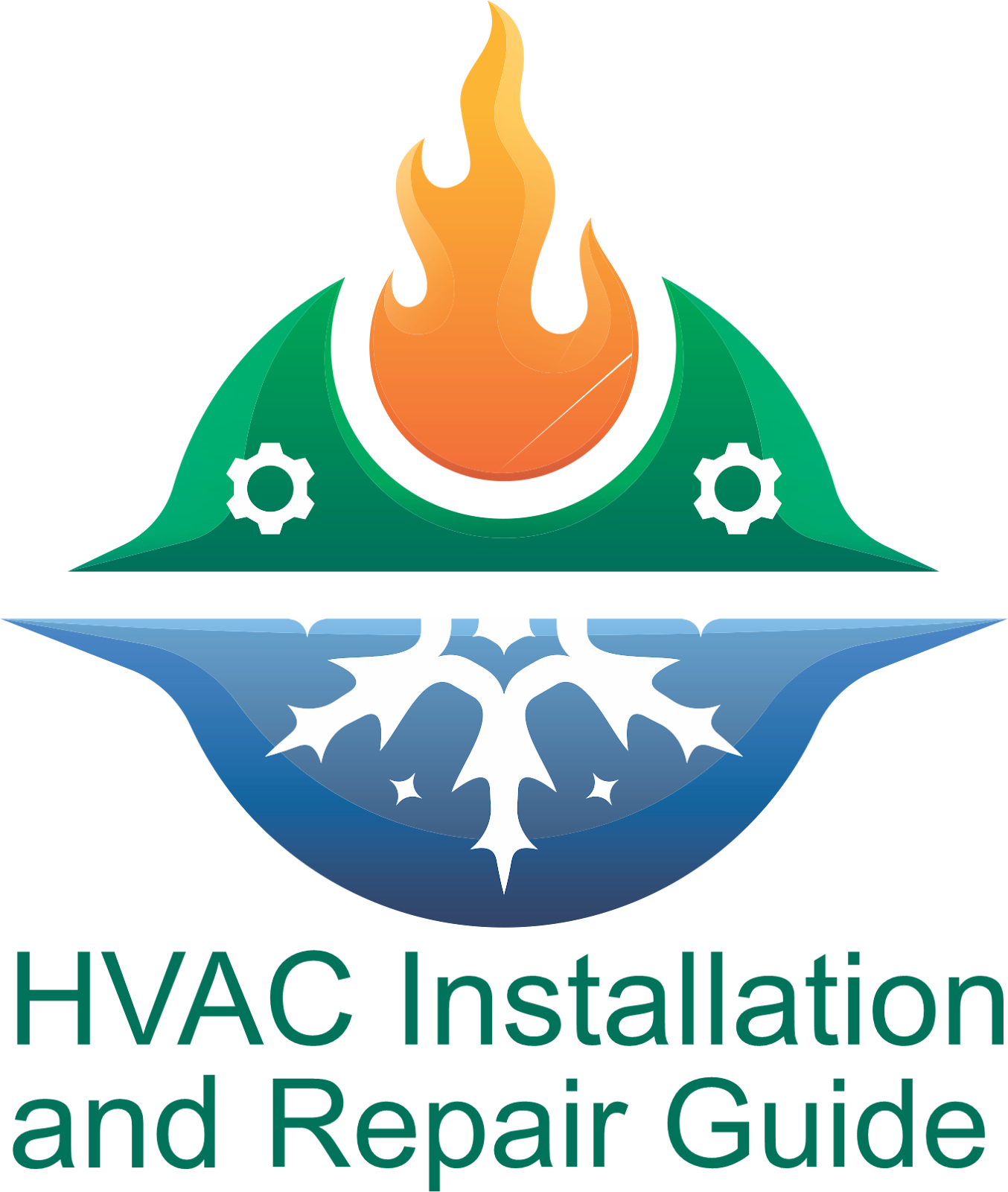How Long Should An Air Conditioner (AC) Run?
Uncertain about the ideal runtime for your air conditioner (AC)? It's not just you. An overly prolonged run of your air conditioner uses more energy and raises your electricity bill. On the other hand, a fast-cycling air conditioner doesn't adequately cool your house. How do you locate the ideal cooling cycle? It's crucial to spend money on an energy-efficient AC system to reduce utility costs. Furthermore, installing a system that is the right size will prevent your air conditioner from running continuously or in short cycles. View our advice to learn more about the causes of air conditioners running longer than necessary.
What Exactly Is a Normal Cooling Cycle?
We can answer your question about how long your air conditioner should operate on an average day. The length of any cooling cycle varies depending on a few variables like system type, size, and age, although a typical cooling cycle lasts between 15 and 20 minutes. The size of your property as a whole will also affect how long a cooling cycle lasts.
The Causes of Your Air Conditioning System's Frequent Use
1. Outdoor Temperature
The warmer it gets outside, the harder your AC system works to cool your home. It’s usual for your AC to run longer, more frequent cycles throughout the warmer months. However, if the cycles seem too frequent or too long, call a skilled technician.
2. Thermostat Settings
If you believe that lowering the thermostat a few degrees in the summer won't affect the length of the cooling cycle or your monthly energy costs, you're mistaken. The more time, energy, and money your AC system consumes to chill your home, the lower the thermostat setting.
3. System Size
The amount of time the system runs throughout the day will be significantly impacted by selecting an air conditioner that is too big or too small for your home. A unit that is too large for your home, for instance, will run in brief cycles. Each cycle will come to an abrupt conclusion and won't offer comfort over the long term. A unit that is too small for your house won't generate enough cool air and will break down sooner.
4. State of Your System
Your AC's cooling cycle length depends on how old it is, how well it uses energy, and how well it works. A well-maintained system works better and lasts longer, but it takes more time and energy to run a system that hasn't been kept up.
5. House Size
Larger homes take longer for air conditioners to cool and use more power to do so.
6. Insulation
Every house needs the right kind of insulation to keep the cool air that its AC system makes inside. On hot days, if your air conditioner runs all the time, it could be because your home doesn't have enough insulation. Is there not much insulation in your house? This will let cool air leak out of the room. It's important to spend money on good insulation to keep cold air from escaping, so you don't waste energy and money.
7. Poor Air Flow
Dirt, dander, and other particles slowly build up in the filter of your air conditioner, which stops air from moving through it. When this happens, your system has to work harder and for a longer time to get your home to the temperature you want.
8. Soiled Evaporator Coils
Evaporator coils are swept by air during the cooling process. These coils become clogged with dust, which results in inadequate air cooling and a decline in energy efficiency. Because of this, regular maintenance is essential.
9. Leak of Refrigerant
The fluid known as refrigerant is what enables the entire cooling process. Your air conditioner can't produce cool air without it. Your equipment's tiny cracks can allow refrigerants to flow through them and obstruct the cooling process. Indicators that your appliance is leaking refrigerant include the following:
- The system now contains ice.
- A puddle of the liquid has developed outside the unit.

.jpg)

